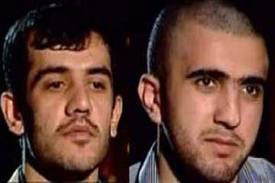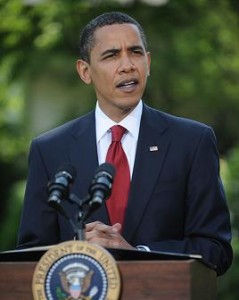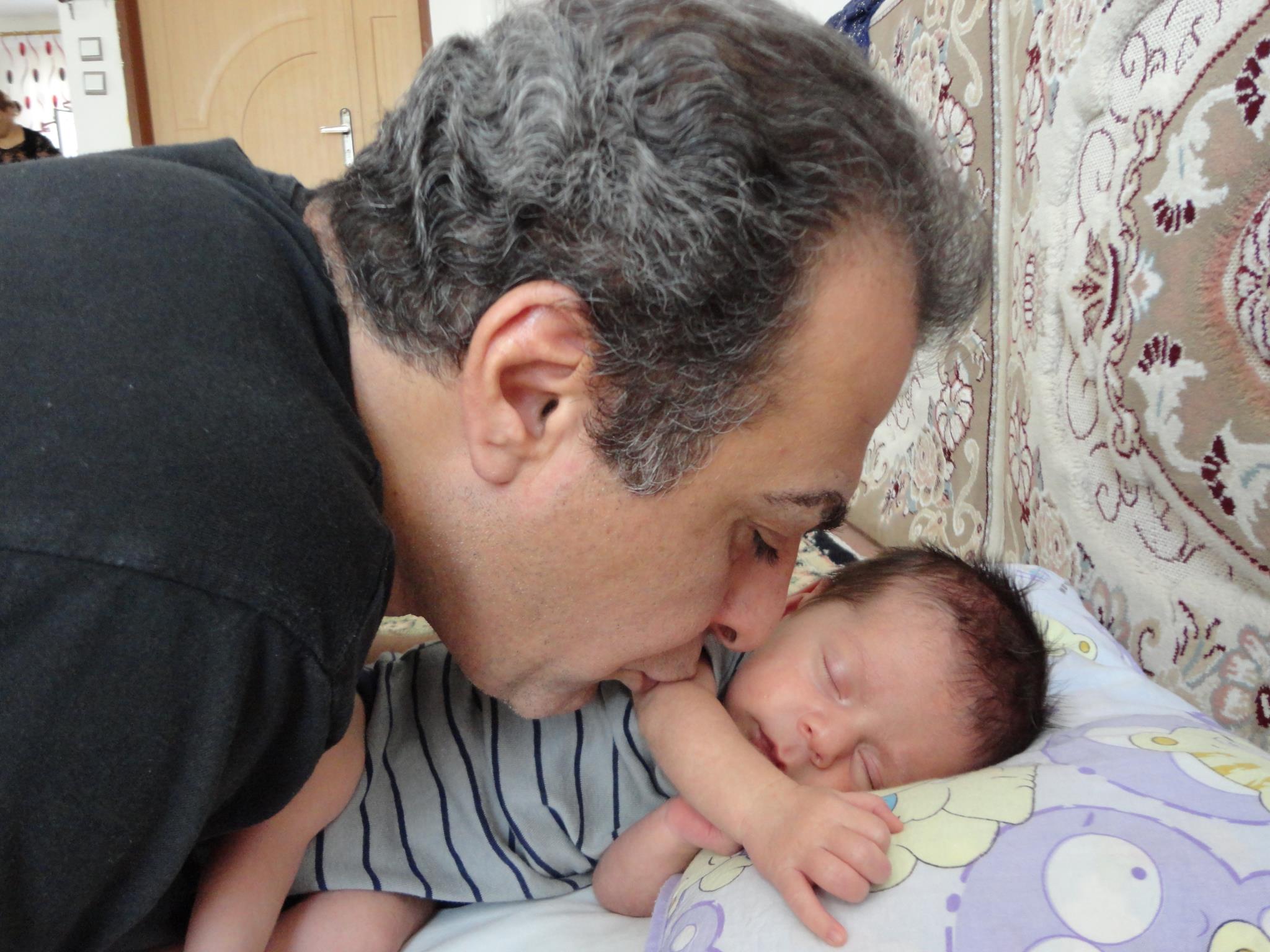
Omid Kokabee
Lately, we have been hearing a lot about the extraterrestrial experiences of Iranians, both actual and desired. Iranian-American NASA engineer (and heart throb) Bobak Ferdowsi, who gained fame for his distinctive hairdo as well as his skill in guiding the Mars Rover landing, was the First Lady’s guest at President Obama’s State of the Union address, thanks to his efforts to inspire kids to pursue their education in the STEM fields.
Meanwhile, Iran successfully sent a monkey into space and back, prompting president Mahmoud Ahmadinejad to declare that he would like to become the nation’s very first astronaut. While the prospect of Iran’s controversial president being launched into orbit in a space ship intrigued many both inside Iran and out, Iran’s ability to advance the frontiers of science is being undermined by its government’s practice of putting some of its brightest scientists in prison.








